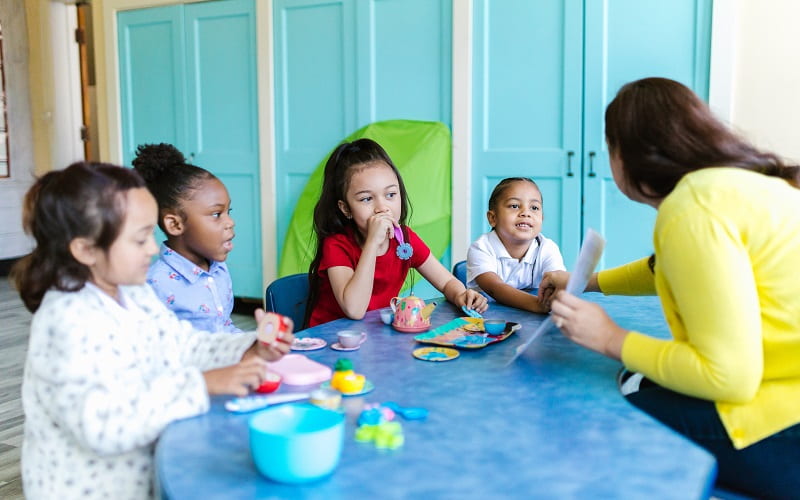Early childhood education and care – taking a long view
By Blog Editor, IOE Digital, on 7 September 2023

Credit: Rodnae Productions.
7 September 2023
By Alison Clark, Claire Cameron and Peter Moss
Political parties are preparing their offers on early childhood policies for the next election. While it’s encouraging to see consensus exists that early childhood education and care is a priority, the myopic and short-term approach shared by all parties – more and cheaper ‘childcare’ seems to be the common theme – is deeply disappointing. Tinkering with a dysfunctional system is preferred to taking the long view and transforming early childhood in England.
Taking the long view on early childhood is the subject of the next event in our programme marking the 50th anniversary of the Thomas Coram Research Unit. Since 1973, TCRU has conducted ground-breaking national and international research on early childhood policy, provision and practice, research that has collectively presented a more ambitious path for the early years. (more…)
 Close
Close



